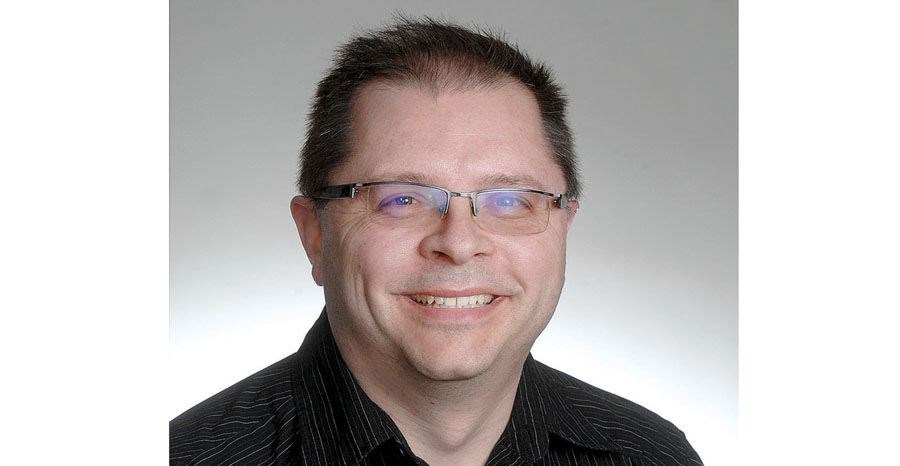The 10th edition of the World Religions Conference goes Sunday afternoon at UNBC, featuring six religious scholars from the Bah', Buddhist, Christian, Hindu, Islamic and Sikh faiths talking about whether God's existence is a myth or reality.
The point of the gathering is to encourage understanding between the various religious faiths, to condemn religious violence of any kind and to show the common ground shared by those of various faiths.
The ground they share is what both pulls them together and pushes them apart. By its very definition, faith requires the suspension of disbelief but it also requires holding certain views as central and nonnegotiable. As a result, others with different faiths held as passionately as one's own can be far more easily perceived as foe instead of friend because no one wants to be on the wrong highway to heaven. Everyone wants to be the most righteous.
Not to trivialize the matter but it's similar to the feelings fans of a sports team have when challenged by the fans of a more successful team. And for some, the difference between supporting Manchester or Liverpool, the Leafs or the Canadiens, the Jays or the Yankees, is far more important than which faith has the inside track to God's grace.
More tolerant and less fanatical fans of soccer, hockey or baseball see the adoration for the sport as more important than blind loyalty to one specific team. Same goes for the more open-minded of the faithful. All religions urge their followers to sincerely humble themselves before God, making the chosen faith simply a preferred path, one of many alternatives, to the divine. In that sense, there is no difference between praising His name, whichever name that is, at the Vatican, in Mecca, in Jerusalem, in a mosque, a church, a hospital bed, on your knees or on your feet.
"God keep our land glorious and free" from the Canadian national anthem works for almost all faiths. It does not say Jesus or Mohammed, Allah or Vishnu or the name of any other guru, deity or prophet, that has come before or is expected to come soon.
God is why the United States has two national anthems, the official Star Spangled Banner, which makes no mention of God (but lots of mentions of fighting and battles and that flag), and the unofficial God Bless America, which snuck its way into the seventh inning stretch at many Major League Baseball parks after 9/11 and never left, replacing the more fun and much better ditty Take Me Out To The Ballgame.
As for those who recognize no god at all, big G or small, there is simply no room for them, whether it's at religious conferences, in national anthems or when giving thanks at a meal.
They are reviled for their shallow hearts, pitied for living in such a small, dark world and simply ignored, even though the most ardent atheists are as fierce true believers as those who worship.
Richard Dawkins is as certain of God's absence as Pope Francis is of God's presence. "Blessed are those who have not seen and yet have believed," Christ declares in John 20:29. Ironically, Dawkins and his supporters find themselves in the uncomfortable position of agreeing with that statement, for they believe there are no remaining mysteries that cannot one day be understood and explained by human intelligence. They find themselves being so much like the devoutly religious, just one major paradigm shift away from having their faith shattered.
Christ's tolerance of Thomas and his doubt is a valuable lesson, for Christians, for atheists, for scientists and for those of other faiths. Instead of condemning his disciple for lacking faith, Jesus accepts him. Thomas eventually found his way because he never let his skepticism completely close his mind; his doubt never became resignation. His heart and his mind remained open to the possibilities, however infinite, however remote they seemed, that Christ could die and then return.
From this standpoint, the exploration of biologists and physicists and mathematicians into the heart of life and depths of the universe are surprisingly similar to the spiritual quests of those who seek a more personal connection with the infinite. The journey requires acceptance of our small and tiny lives, both in time and space, as well as an embrace of the uncertain and the unknown. In other words, it is the path for the doubting Thomas.
God is both myth and reality, for believers and non-believers alike. Events like tomorrow's conference are great reminders that the spaces between us are only as big as we make them and that we are alone together in life.



